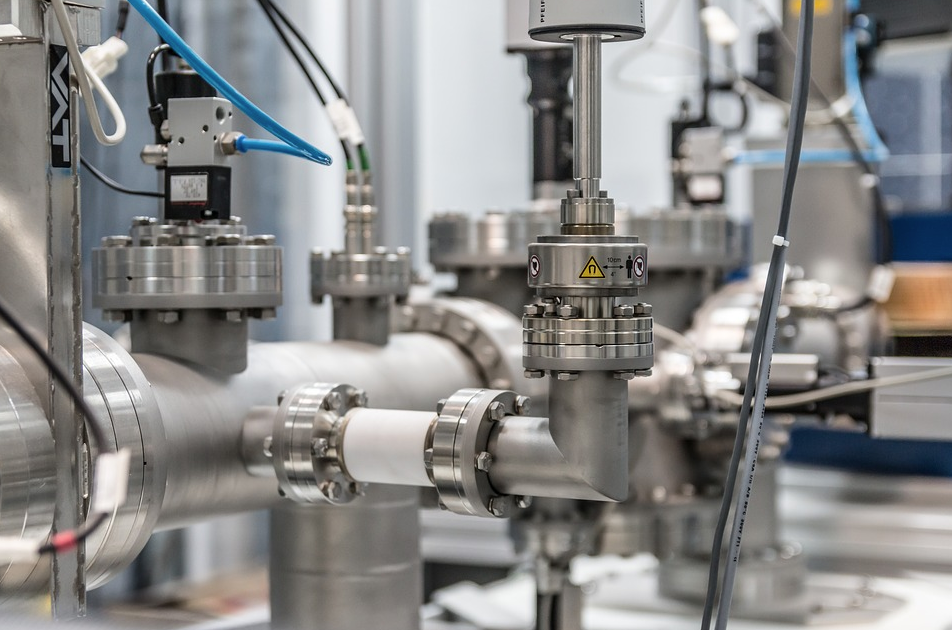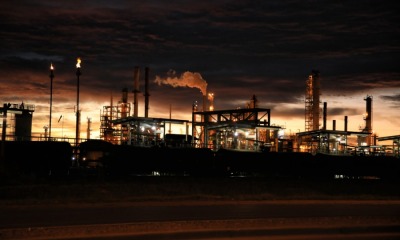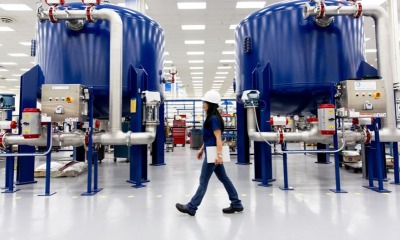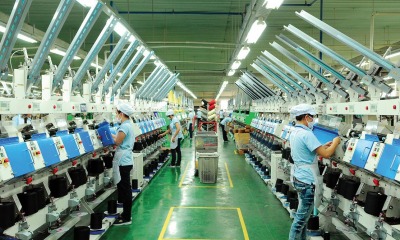Business
4 Things to Consider Before Choosing a Feed Tank for Your Manufacturing

In every day manufacturing you may find that you need a feed tank for your operation. Selecting the right feed tank will depend on what you are producing, as well as the quantity and timeline for production. While your engineering team will have a large say in helping you determine which feed tank fits your needs, here are a few items to consider when you get started.
Differences in Function
It is important to consider your feed water tanks as a part of the whole in your manufacturing process. It is not just one individual piece of equipment that runs independently. As such, you need to keep in mind how it will be interacting with other parts. This will help you to determine the size, temperature output, and general efficiency of the machine.
Operating Temperatures
In general, feed tanks are used to help the boiler in your plant run. It is an essential unit for this process. However, depending on your boiler, you will need a feed tank that runs operates at specific temperatures. A feed tank may fluctuate between 155 and 185 degrees Fahrenheit when it holds the water before it is moved to the boiler. Different units may fluctuate by a few degrees.
Maintenance Needs
Just like cars, laptops, and other everyday purchases, different types of feed tanks will have varying maintenance needs. It is vital to monitor your feed tank’s operation and output to watch for any issues you may encounter. For example, a feed tank that is used at a higher output than it was designed for may require more maintenance than one that is purchased and used for the right output levels. The maintenance may include working on the return lines, venting, or protective controls on the unit. Different types of tanks used for different functions will have varying implications for potential future maintenance. Consider this as part of your cost when deciding on a final purchase.
General Operating Costs
As you consider different feed tank options you should consider what your operating costs are for your plant. Considering your costs for daily operations and what the required output is will help you to strike the right balance when selecting a feed tank.
Just as you would with selecting any vital piece of equipment, it is important that you think about the options and consult with your team of experts. Consider these four factors before making the final call and moving forward with your selection.
-

 Tech11 years ago
Tech11 years agoCreating An e-Commerce Website
-

 Tech11 years ago
Tech11 years agoDesign Template Guidelines For Mobile Apps
-

 Business6 years ago
Business6 years agoWhat Is AdsSupply? A Comprehensive Review
-

 Business10 years ago
Business10 years agoThe Key Types Of Brochure Printing Services
-

 Tech8 years ago
Tech8 years agoWhen To Send Your Bulk Messages?
-

 Tech5 years ago
Tech5 years ago5 Link Building Strategies You Can Apply For Local SEO
-

 Law5 years ago
Law5 years agoHow Can A Divorce Lawyer Help You Get Through Divorce?
-

 Home Improvement6 years ago
Home Improvement6 years agoHоw tо Kеер Antѕ Out оf Yоur Kitсhеn











































